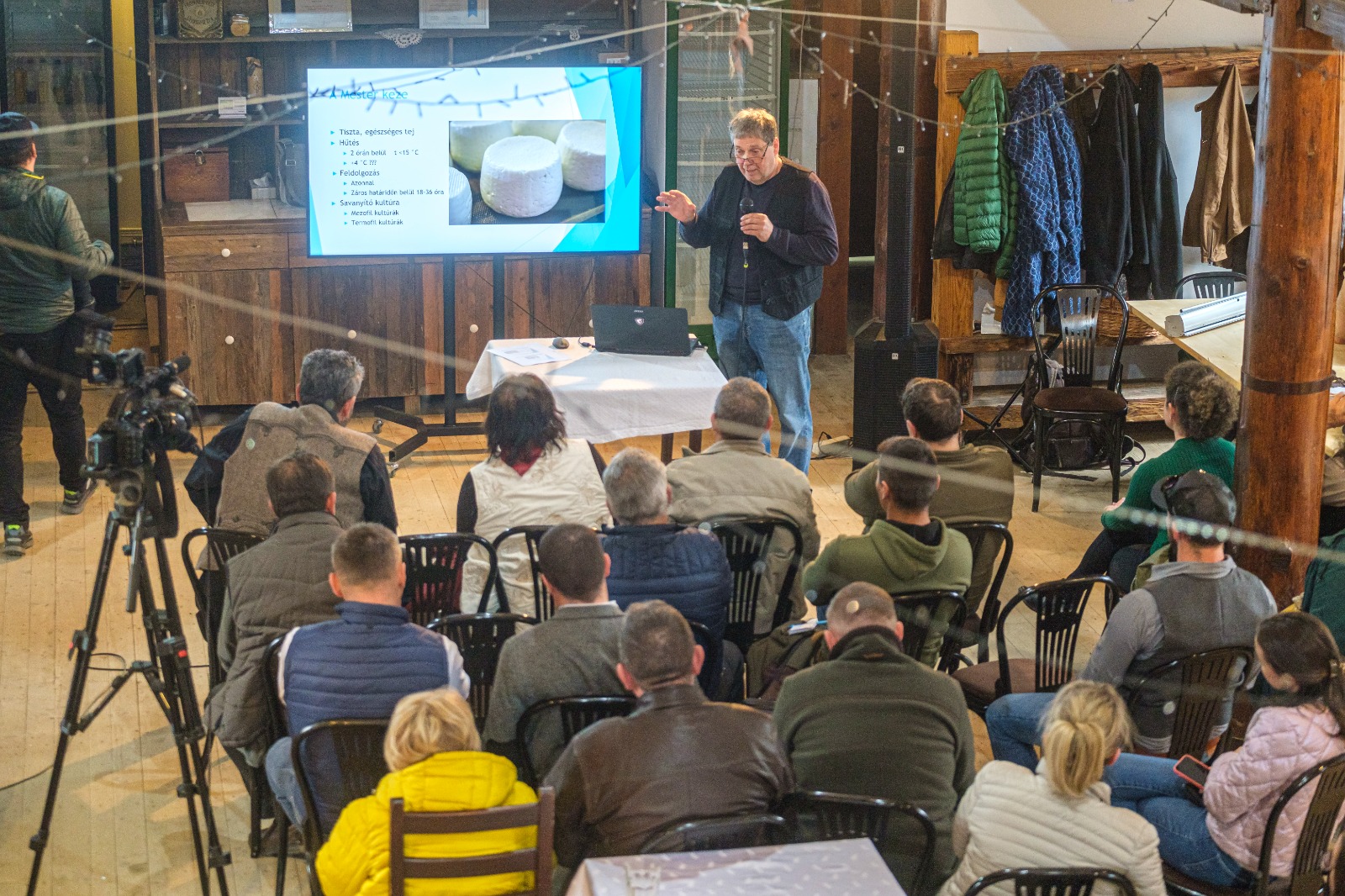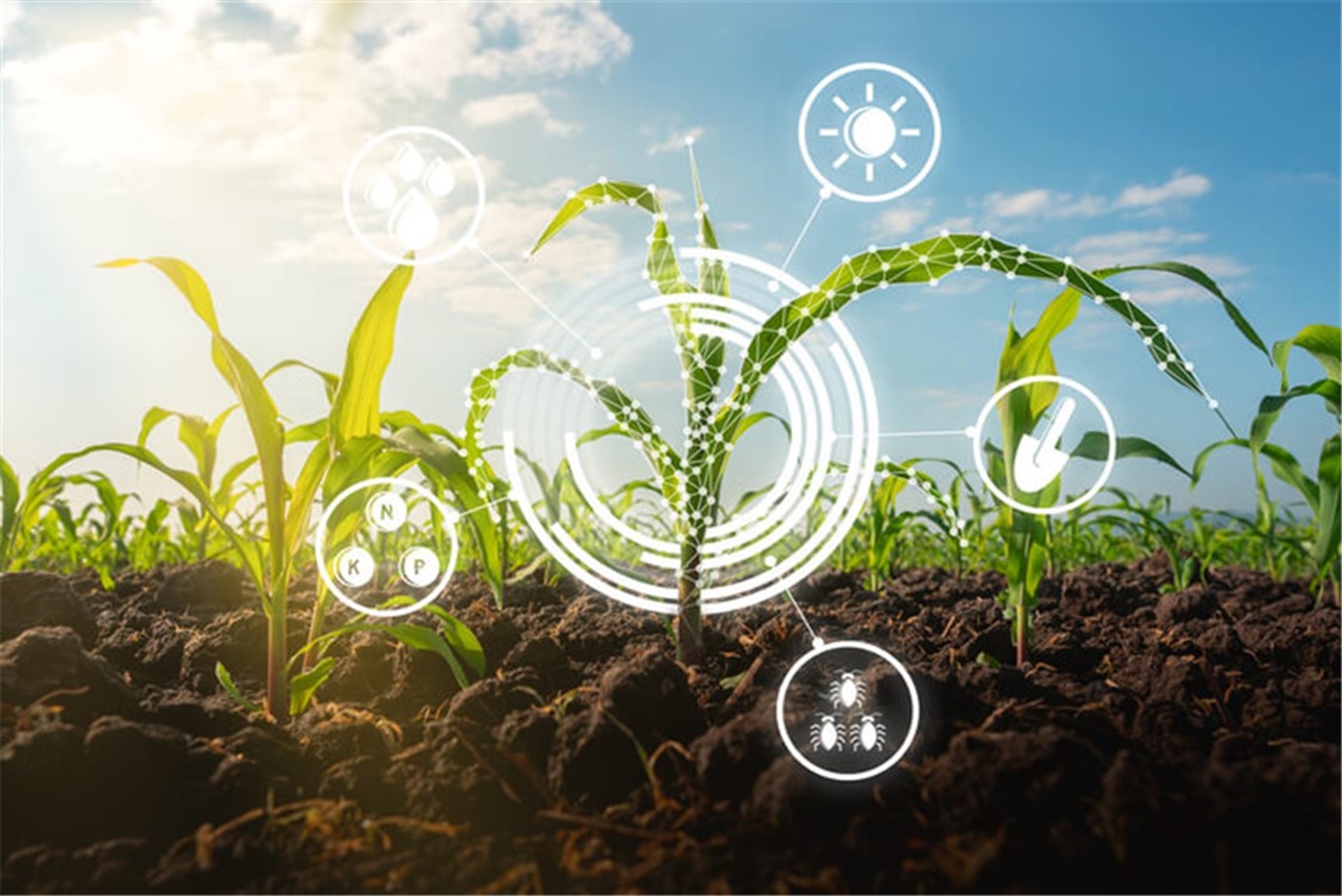Regionally anchored products have been supported by the European Protected Designation of Origin (PDO) and Protected Geographical Indication (PGI) since the 1990s in order to preserve culinary diversity, an integral part of European cultural heritage. These labels aim to prevent misleading indications of origin and to protect authentic local products and production methods from exploitation, imitation and deception.

These labels are particularly aimed at the following aspects:
- Spatial monopoly of production rights;
- Shifting market demand to an area of origin;
- Securing and creating jobs;
- Preservation of culinary diversity and thus of cultural heritage;
- Increasing tax revenue for municipalities;
- Tourism enhancement of the region;
- Appreciation of the region as an investment location.
In spite of the rather long duration of these instruments of more than two decades (they are operating since 1996), little is known about their economic effects. A study was carried out involving our project partners, the Competence Center for Nutrition (Kompetenzzentrum für Ernährung) aiming to close this gap by offering case studies on PGI protected products.
The economic effects of protection of origin were investigated in the case of three Bavarian food products:
- Beer: Bayerisches Bier PGI;
- Asparagus: Franken-Spargel PGI, Schrobenhausener Spargel PGI;
- Carp: Aischgründer Karpfen PGI, Oberpfälzer Karpfen PGI
New insights to study the impacts
The study shows that although the influence on price and sales are not directly linked to each other and the spatial dimensions of the effects are varying between the products, stabilizing and/or increasing effects to prices and/or sales can be observed to a certain extent depending on the geographical distribution and nature of the product. As the study has only examined a limited range of products, the results are not necessarily conclusive, but offer valuable outcomes on protection of origin and raises attention to the importance of such interventions.

Figure 1: Types of the spatial dimensions of the effects of PGI and PDO.
Source: Chilla, T., Fink, B., Balling, R., Reitmeier, S. & Schober, K. (2020).
The results are very important not only from a scientific perspective but offer actionable new insights. The findings of the study provide a basis for communicating the importance of quality assurance in the European Union and clarify and further explain the economic potential that arises from the protection of origin.
The study also suggests that: "When discussing the implementation of EU protection of origin for specific groups of products, the question of whether there will be an economic effect, and how strong it will be, is less important. The question should rather be whether the aim is to achieve a sales or a price effect, and in which markets this should take place."
When discussing the implementation of EU protection of origin for specific groups of products, the question of whether there will be an economic effect, and how strong it will be, is less important. The question should rather be whether the aim is to achieve a sales or a price effect, and in which markets this should take place."
The Competence Center for Nutrition (KErn) commissioned the Friedrich-Alexander University Erlangen-Nürnberg to carry out the study. The results of the study were presented at an online information event in autumn 2020.
The study is available here in English: www.mdpi.com/2071-1050/12/14/5503/htm
Cooperating partners were:
- Competence Center for Nutrition (KErn)
- Bavarian State Ministry for Food, Agriculture and Forestry
- Food Cluster Bavaria
- Friedrich-Alexander University Erlangen-Nuremberg (FAU), Institute of Geography
References:
Chilla, T., Fink, B., Balling, R., Reitmeier, S. & Schober, K. (2020): The EU Food Label ‘Protected Geographical Indication’: Economic Implications and Their Spatial Dimension. Sustainability 2020, 12(14), 5503; doi.org/10.3390/su12145503











